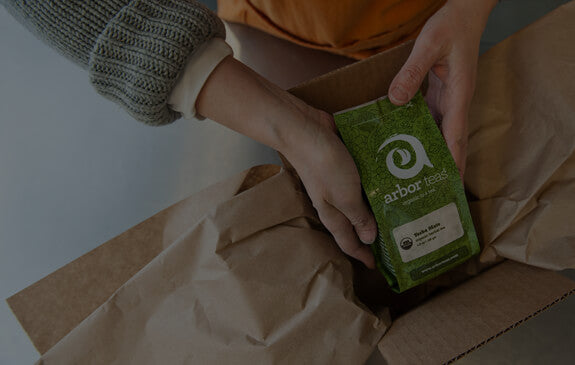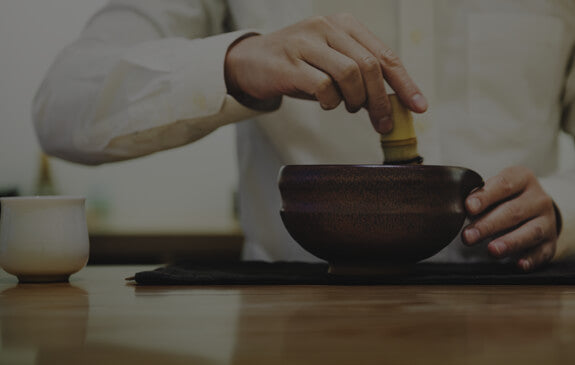It is hard to imagine running a tea company without importing tea from China. China has been growing and producing tea for thousands of years and it is the only origin that manufactures all five types of tea. However, recently food safety in China has been a hot topic. So much so, in 2015 after numerous public outcries the Chinese government cracked down on food contaminants and passed a Food Safety Law that is even more strict than some of FDA's code.
Tea in particular, has been in the press due to concerns over high levels of pollution, pesticides, and heavy metals. Much of the research surrounding these issues has focused on conventionally grown tea, not organic tea (Arbor Teas only sources organic tea). However, we understand our customers’ concerns and want to address them as best we can.
We believe the two most important ways to guarantee a safer tea from China (or anywhere in the world) is to:
- “Know your source” and purchase from trusted growers and suppliers; and
- Prioritize organic certified teas.
This criteria is central to our decision making when sourcing a tea or herb.
However, despite abiding by both of these practices, it is true that any agricultural product (organic and conventional) has the potential to contain contaminants which can be soaked up from the soil and/or absorbed from the air and rainfall. No company (let alone a tea company) can promise that its products are 100% free of contaminants. Our world is too integrated and too polluted to make that claim. So, at the end of the day, it comes down to limiting contaminants as much as possible.
In certified organic farming, initial soil screenings must be conducted and approved at the time of a tea farm’s first organic review and inspection. Thereafter, contaminants are monitored and controlled through inputs to ensure prohibited substances are not added to the soil or water. Additionally, follow up soil, water and product testing is conducted as a part of the organic certification process and monitored (which is one of the many reasons Arbor Teas participates in the organic certification program).
However, this does not mean that ALL tea is tested and it does not mean that the exact tea leaf in your hand was tested. Still, we believe that certified organic tea is a better option to limit contaminants. It often receives a higher level of scrutiny than conventionally grown tea and requires "buffer" zones between organic tea fields and possible outside contaminants -- which can reduce the potential quantity of such contaminants compared to conventional agriculture.
Finally, much of the organic tea we sell from China is grown in remote locations by tea growers who have great respect for their ancient profession. We are saddened by some of the press surrounding this issue that implies a blanket mistrust of all Chinese farmers. As with all our interactions, we believe mutual respect is paramount and intentional subterfuge should not be an automatic assumption.
Lead in China
Lead in China is of concern because tea plants are normally grown in highly acidic soils, where lead is potentially more bioavailable for root uptake (as compared to other crops grown in more alkaline soil). One peer-reviewed study drew international attention to this topic, “Scale and causes of lead contamination in Chinese tea” (W.-Y. Han et al. / Environmental Pollution 139 (2006), 125-132) and resulted in a flurry of alarming articles. This study tested conventionally grown tea leaves collected in China from 1989-2001. It concluded that the rapid industrialization and increased consumption of leaded gasoline in China caused an increased level of lead in Chinese tea (particularly in older tea leaves gathered close to a highway). However, the study also concluded that the increased level of lead found in the tea leaves posed more of a trade concern than a human health concern. Additionally, leaded gasoline was banned in China in 2000. The study found a small decline in lead concentration in tea leaves from 2000 to 2001. This is perhaps the first indication of a decreasing trend of lead emissions and deposition since the ban of leaded gasoline, and some good news! Hopefully, the downward shift has continued in the decades that followed. Also, an organic certified tea farm would have required a buffer between it and the highway (unlike conventionally grown tea).
For customers who still prefer to avoid tea sourced from China, we recommend trying teas sourced from other origins. We have worked hard to offer many wonderful options from all over the world!



